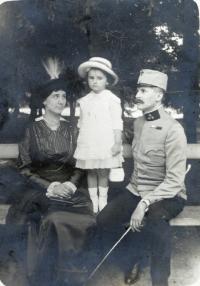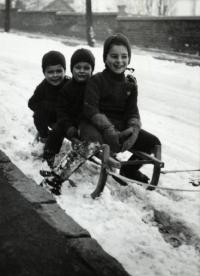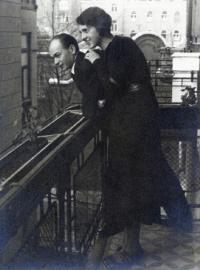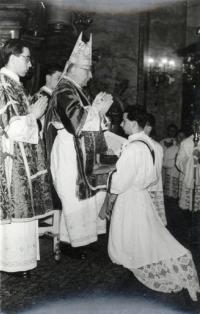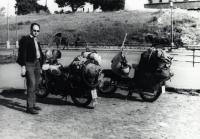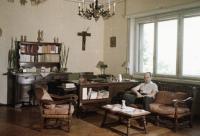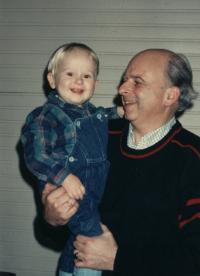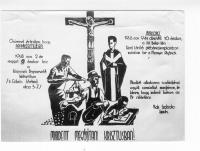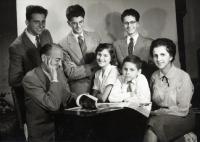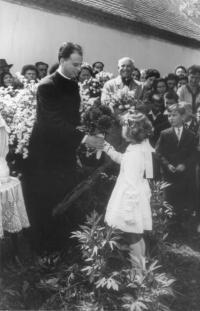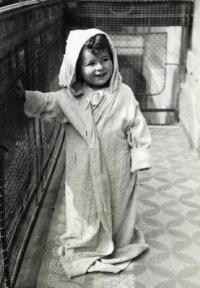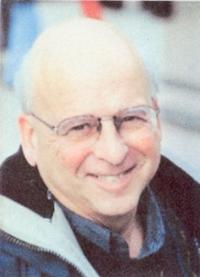We planned a more open-hearted and tolerant Church of solidarity

Download image
He was born on November 19, 1934 in Budapest in a middle-class family of intellectuals. His father was a lawyer, was counsellor of the Hungarian Shipping PLC among others. His mother after graduation was housewife. Szabolcs Vigh was the oldest of the five children who were brought up in catholic spirit. He began his secondary school studies at the Secondary School of the Order of Poor Clerics but after the secularization of the education he studied first at Fazekas Secondary School, later at Eötvös Secondary School. He graduated in 1953. He studied at the Budapest Theological Faculty. He was ordained in 1958. After the outbreak of the 1956 Revolution he trod the city with his fellows from the seminary and they helped those who needed it. On November 3 he took part in the confiscation of the files of the State Office of Ecclesiastical Affairs in order to keep the away from the unwarranted. Pulled down the revolution, his family left for the Netherlands, but he remained in Hungary. He was arrested in February 1957. He was originally the fourth defendant in the legal action against Egon Turchányi which began in December 1957, but - probably on the international pressure - he was discharged from remand at the beginning of that month. On January 10, 1958 the proceedings against him was closed. Then he worked as chaplain in Endrefalva, Tát and Tokod. He served in various parishes of Budapest. He didn’t join the peace priests’ movement and he refused to be enrolled among the agents of the secret police on different occasions. For the first time he was given a passport to the ‘Western’ states in 1968. His PhD thesis written on birth control was awarded summa cum laude grade in 1971. He wrote a number of papers on this topic for the periodicals Vigília and Teológia. His request on studies abroad was declined by the competent ecclesiastical authority in 1973. In the same year he criticized the practice of the official ecclesiastical doctrine on contraception at the autumn conference of church deans and he was rebuked in the public by his bishop’s rescript, he was shorty transferred to a new place of service on punishment. In 1975 he applied for a passport of emigration. In February 1976 he settled in the Netherlands. He left the ecclesiastical service in the same year and he was married. He divorced in 1981. He was remarried in some years, his son Peter was born in 1987. He worked for the University of Tilburg since 1976, he was assistant to the documentation since 1979 in the same place. He has been a volunteer at an SOS call service since 2003.
